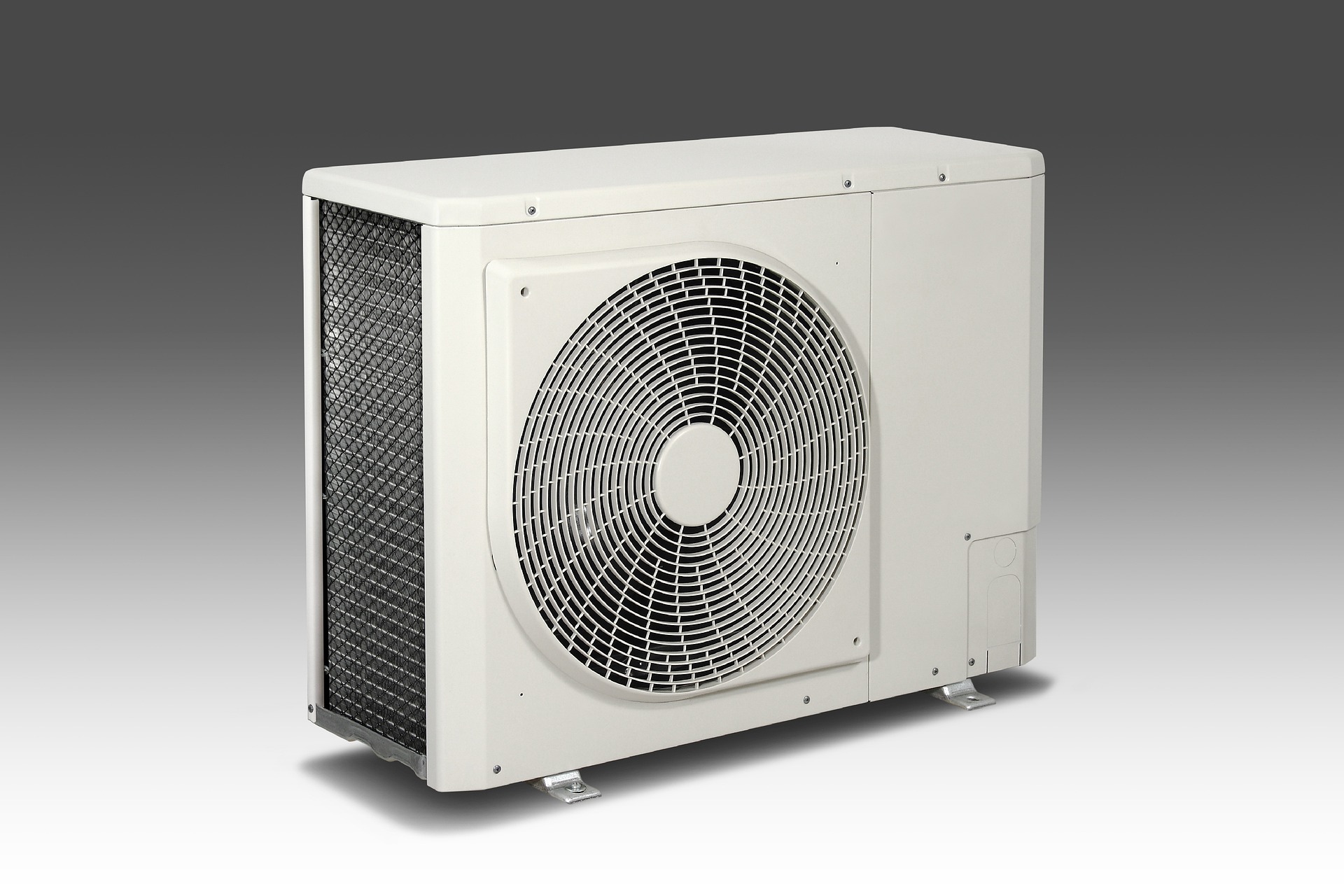Heat Pumps Demystified: Efficient Home Climate Control
Learn how heat pumps deliver year-round heating and cooling with superior energy efficiency. This comprehensive guide covers air-, ground- and water-source systems, how they cut energy use and emissions, installation and sizing considerations, maintenance tips, typical costs and expected lifespan to help homeowners choose the best solution for their property.

Heat Pumps Demystified: Efficient Home Climate Control
Heat pumps are becoming a go-to option for homeowners who want lower energy use and fewer carbon emissions while keeping comfortable indoors through all seasons. Unlike systems that create heat by burning fuel or using electric resistance, heat pumps move thermal energy between indoor and outdoor environments. That method typically yields far higher efficiency than traditional furnaces or standalone air conditioners. This article breaks down the main types of heat pumps, explains how they save energy, outlines installation and maintenance factors, and provides cost and lifespan guidance to help you decide if a heat pump fits your home.
How heat pumps deliver efficiency
Heat pumps transfer heat rather than generate it. In heating mode they extract warmth from outdoor air, the ground, or a water source and bring it inside; in cooling mode they reverse the flow. Because they shift thermal energy, many modern units achieve coefficients of performance (COP) of roughly 3 to 4—meaning 3 to 4 units of heat for every unit of electricity consumed. That efficiency often produces lower utility bills and reduced greenhouse gas emissions compared with combustion-based systems, particularly as electricity grids get cleaner.
Main categories and where they fit
There are three principal types of heat pumps, each matching different sites and climates:
-
Air-source heat pumps: The most common choice, these extract heat from outdoor air and transfer it indoors for heating, then reverse for cooling. Newer cold-climate air-source models can operate efficiently at lower temperatures, expanding where they are practical.
-
Ground-source (geothermal) heat pumps: These use buried loop fields to access the relatively constant temperature beneath the surface. Geothermal systems provide stable, high efficiency, but require more intrusive installation and higher initial investment due to excavation or drilling.
-
Water-source heat pumps: Where a suitable pond, lake or well exists, these systems exchange heat with water and can match geothermal efficiency. Their applicability is naturally limited by access to an appropriate water body.
Each approach has trade-offs in upfront cost, installation complexity, land use, and operating expense, so property layout and local weather should shape your choice.
Energy savings and financial considerations
Because heat pumps move heat rather than produce it, they tend to use much less energy than systems that rely on combustion or electric resistance. With COPs commonly between 3 and 4, homeowners frequently see meaningful reductions in monthly bills. Although purchase and installation—especially for geothermal—can be costlier than some traditional systems, energy savings over time, available rebates or incentives, and rising fossil fuel prices can shorten payback periods. Replacing oil, propane or older gas systems with a heat pump also lowers on-site emissions.
Selecting and installing the right system
A professional evaluation and correct installation are essential to achieve expected performance and longevity. A skilled contractor will assess:
- Overall home size and layout to determine required capacity and zoning
- Local climate and low-temperature conditions to pick suitable equipment
- Existing ductwork condition or the potential need for ductless mini-split systems
- Insulation levels and air sealing needs to reduce load
- Electrical panel capacity and any upgrades that may be necessary
Accurate sizing, proper refrigerant charge, and correctly installed ductwork or line sets are critical. Mistakes in these areas can cause short cycling, poor comfort, reduced efficiency, or premature component failure.
Maintenance and expected lifespan
Routine maintenance keeps a heat pump running efficiently and helps it last longer. Regular tasks include replacing or cleaning filters, clearing debris from outdoor coils and fans, checking refrigerant lines and connections, and inspecting electrical components. Many homeowners benefit from an annual professional tune-up to spot and fix problems early.
Typical lifespans vary by type: air-source units usually last 15 to 20 years with good care, while ground-source and water-source systems commonly reach 20 to 25 years. Individual parts such as compressors, outdoor fans, or controls may require replacement sooner depending on usage and conditions.
Comparing costs and choosing a provider
| Heat Pump Type | Average Installation Cost | Annual Operating Cost | Typical Lifespan |
|---|---|---|---|
| Air-Source | $4,500 - $8,000 | $500 - $1,000 | 15-20 years |
| Ground-Source | $10,000 - $30,000 | $300 - $700 | 20-25 years |
| Water-Source | $8,000 - $15,000 | $400 - $800 | 20-25 years |
Prices, rates, or cost estimates mentioned in this article are based on the latest available information but may change over time. Independent research is advised before making financial decisions.
When evaluating installers, obtain multiple quotes, check certifications and client references, and request a detailed load calculation. A reputable contractor will walk you through equipment options, efficiency ratings, warranty details, projected operating costs, and routine maintenance responsibilities rather than focusing only on price.
Final considerations
Heat pump technology continues to evolve—manufacturers are improving cold-weather performance, reducing noise levels, and adding smarter controls for better comfort and efficiency. For homeowners prioritizing lower operating costs and a smaller carbon footprint, heat pumps represent a strong option. Begin with an energy audit and professional assessment to identify the right system type and size for your home and budget. With an informed equipment choice, expert installation, and regular maintenance, a heat pump can provide reliable, efficient heating and cooling for many years.




